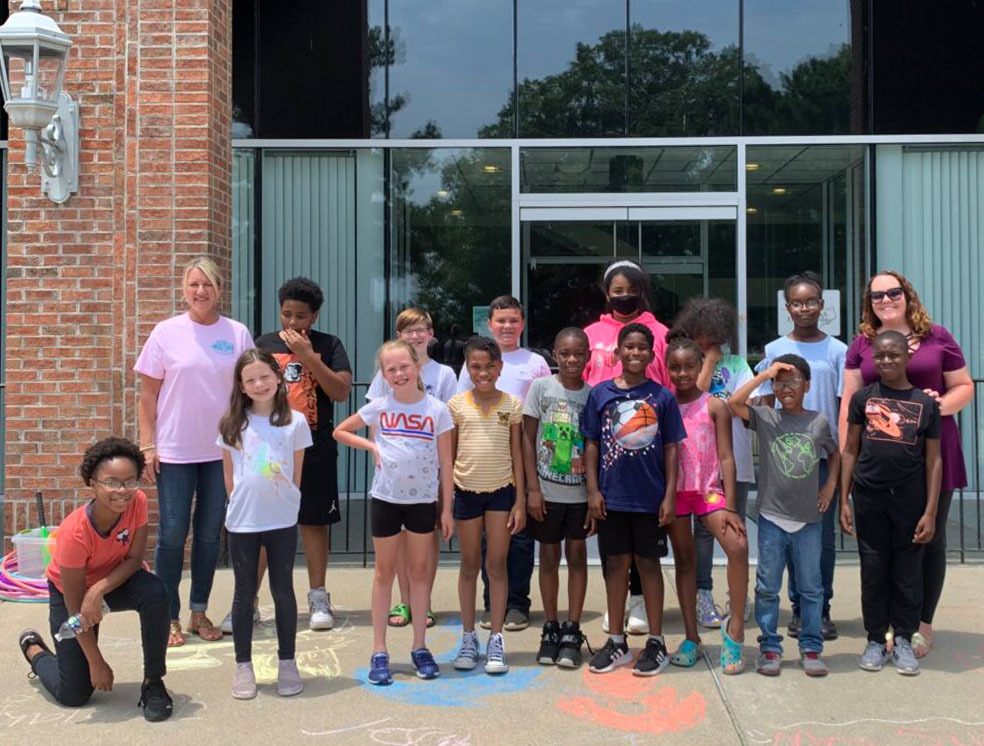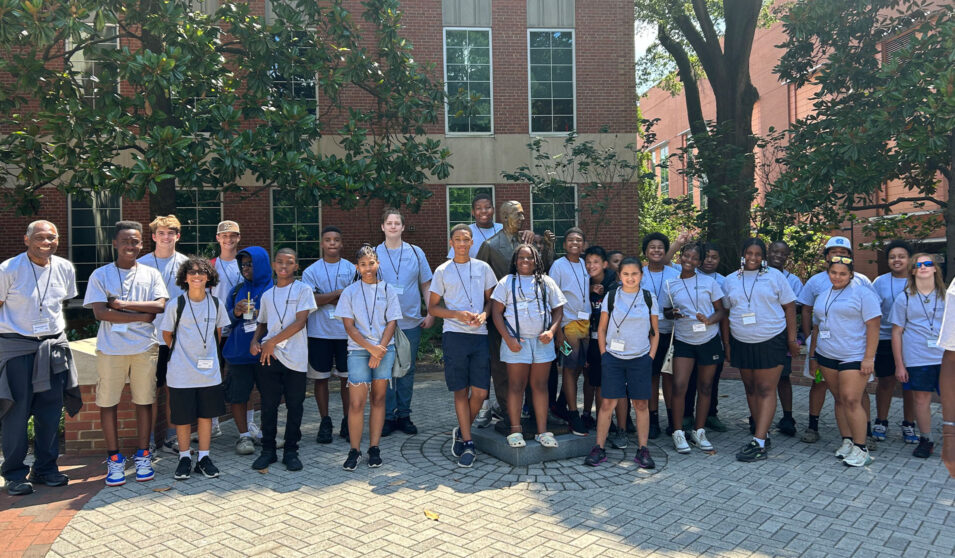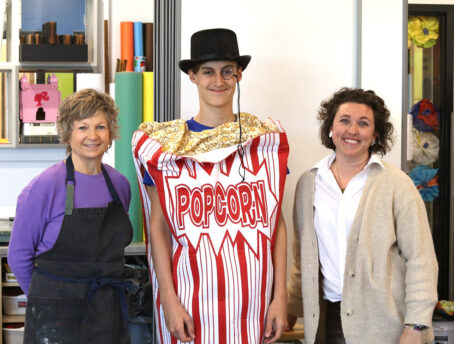June to August, or better known in education as summer break, is often not thought of as prime territory for instruction. Yet in the Piedmont Plateau and coastal flats of eastern North Carolina, summer break for many students has come to be the most exciting time of the year for learning. Through a unique partnership between Rural Schools Collaborative Hub Southeast partner East Carolina University (ECU), North Carolina State University (NC State), Wesleyan College, and several community colleges, The Collaborative has invigorated education through a successful learning summer camp program.
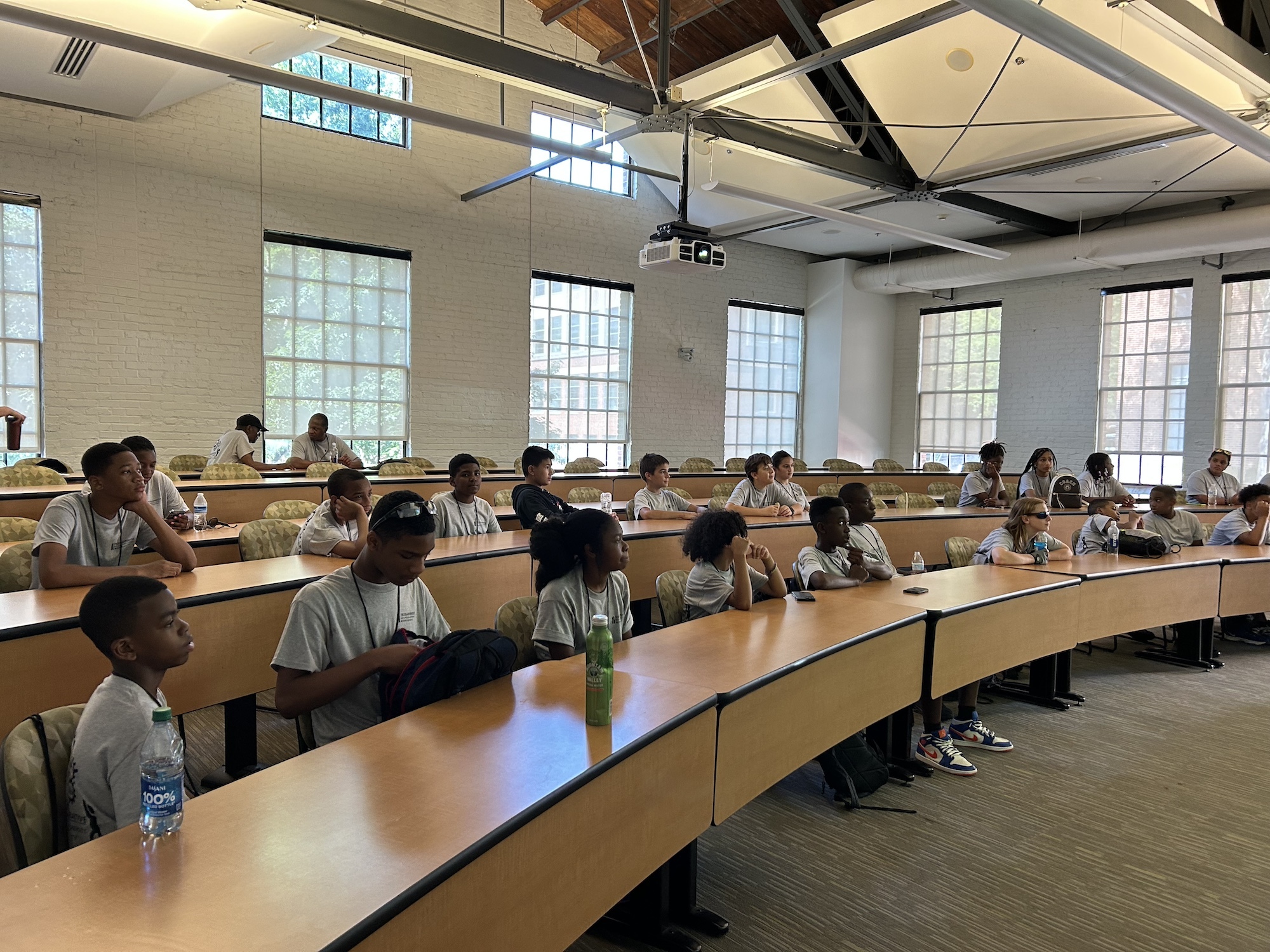
The Collaborative began in 2006 after the North Carolina state legislature granted funds to establish additional educational opportunities in rural parts of the state, including around The Collaborative’s homebase in Rocky Mount, North Carolina. A local private college, Wesleyan, donated land and The Carolinas Gateway Partnership built the Gateway Technology Center. ECU and NCSU began brainstorming ways to advance non-traditional learning potential for the underserved population of eastern North Carolina. Presently, The Collaborative offers seven themed summer camps, in addition to a GED program, exam proctoring services, year-round weekly community events, and more.
All summer camps are week-long day sessions, based out of the Gateway Technology Center in Rocky Mount. With one exception, all camps are free, making summer learning accessible to lower-income families who might not be able to afford traditional camps or childcare. Subjects include veterinary science, math and science, 3D printing, elementary math, personal finance, and STEAM for non-traditional learners. Underlying all camps is an unwavering principle that learning should be fun, hands-on, and relevant to the lives of the campers.
Instructors for the summer camps are drawn from university partners, local school districts, and knowledgeable community members. The long-running veterinary camp, for instance, features energetic second-year vet students from NC State as counselors.
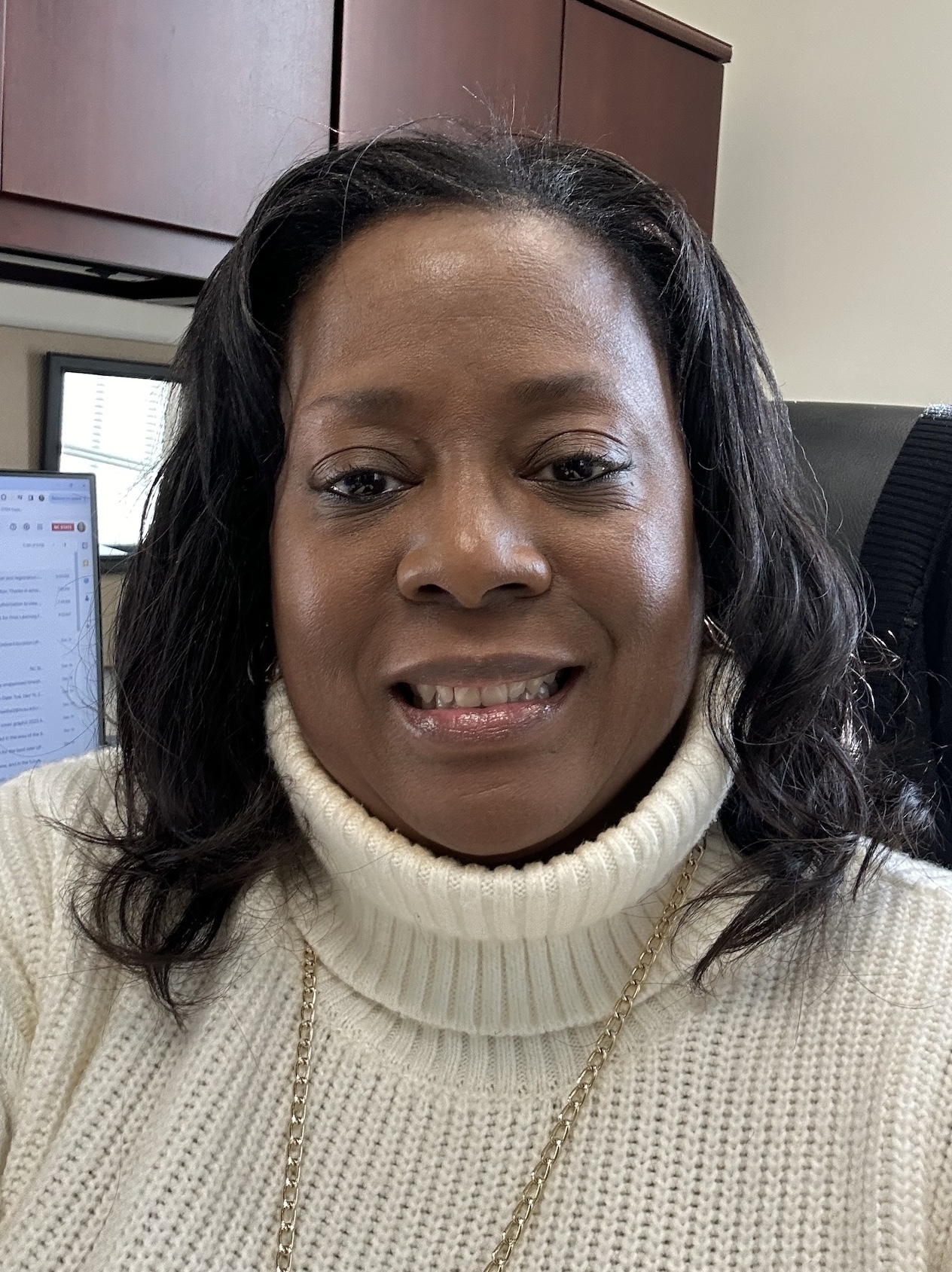
The elementary school math camp, a newer offering, brings in teachers from local schools to make engaging math lessons for kids. “These teachers are phenomenal,” says Sophia Crudup, University Program Administrator and a leader behind the recent expansion of summer learning programming at The Collaborative.
Sophia grew up first in suburban, then rural New Jersey, before moving to North Carolina in the mid 1990s. “I’ve always worked with the community. I’ve been a leader of the boy scouts for 29 years, and I love kids. I worked in the high school for a little while when my boys were there. I thought my next career would be a high school counselor.” Before that came to fruition, however, a position opened up at The Collaborative, and Sophia began to see that she “could do more outside of the high school, working in the community.”
When she started in 2019, The Collaborative only had curriculum and contacts for two camps: the veterinary camp, and a STEM camp offered with The North Carolina Mathematics and Science Education Network of NC State. Since then, they have expanded opportunities for all learners. Two exciting recent programs are a STEAM camp specifically for neurodivergent learners (from Autism Spectrum Disorder to anxiety, as Sophia puts it) and a high school finance camp. Offered in partnership with a youth financial literacy group, this camp aims to instill financial literacy and entrepreneurship skills in rural North Carolina youth.
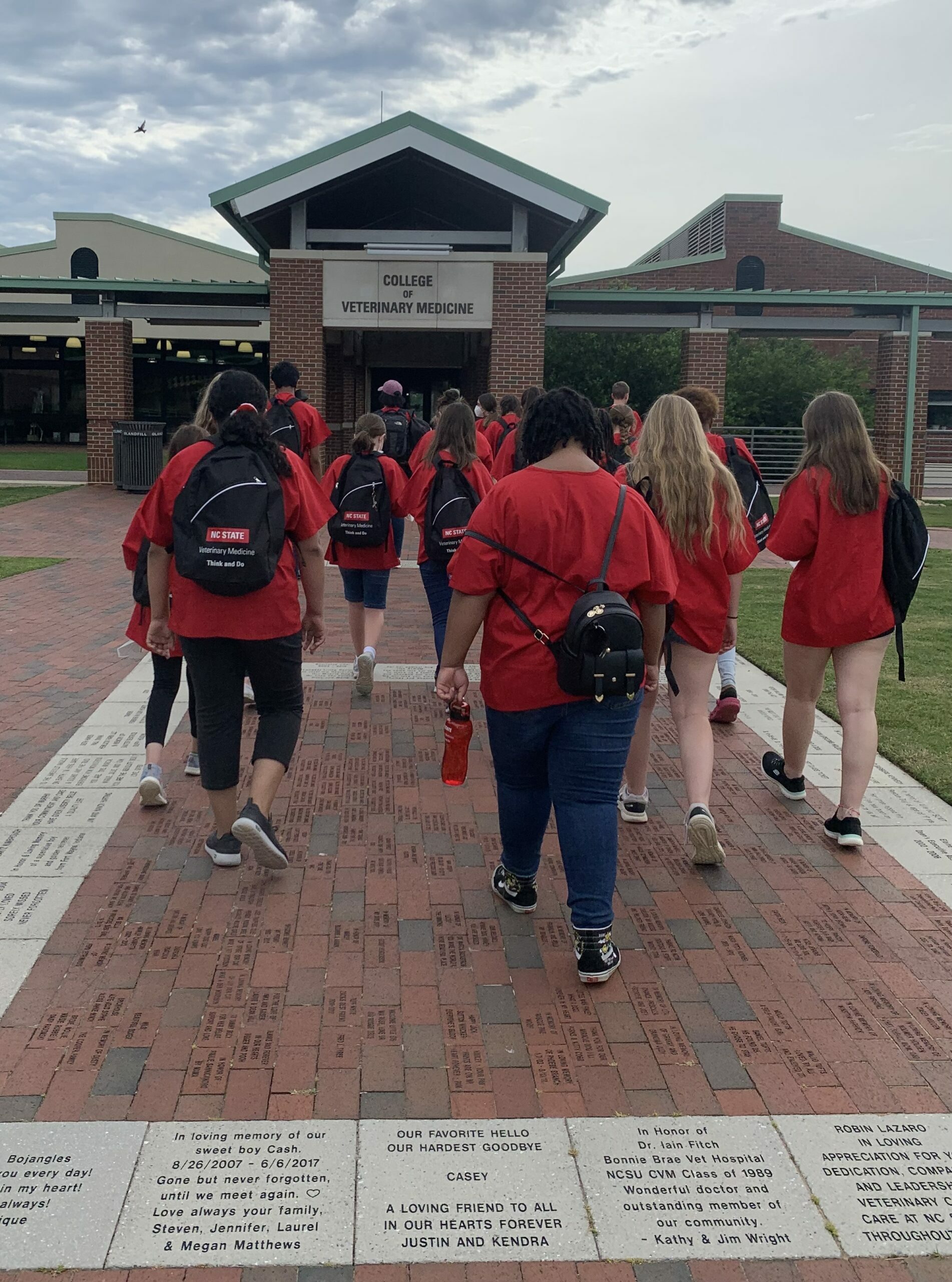
The story is the same for the veterinary camp, which pairs classroom learning with field visits to NC State. “Here they get some classroom learning, they work on projects, they learn about different animals, but then we also take them to the vet school. They want to stay the whole summer. They're like, can we stay longer?”
As a collaborative center, it follows that the camps are also a result of promising partnerships. In addition to vet students and local elementary school teachers, the finance camp is supported by Mini Money, a youth finance education organization. A new agriculture program is similarly supported by a youth farming company, where campers can sell the products that they produce. Additionally, “we have companies around the area that are willing to come in and say ‘this is what we do here’ and give them a little training and see if this is a career path you want to go in.”
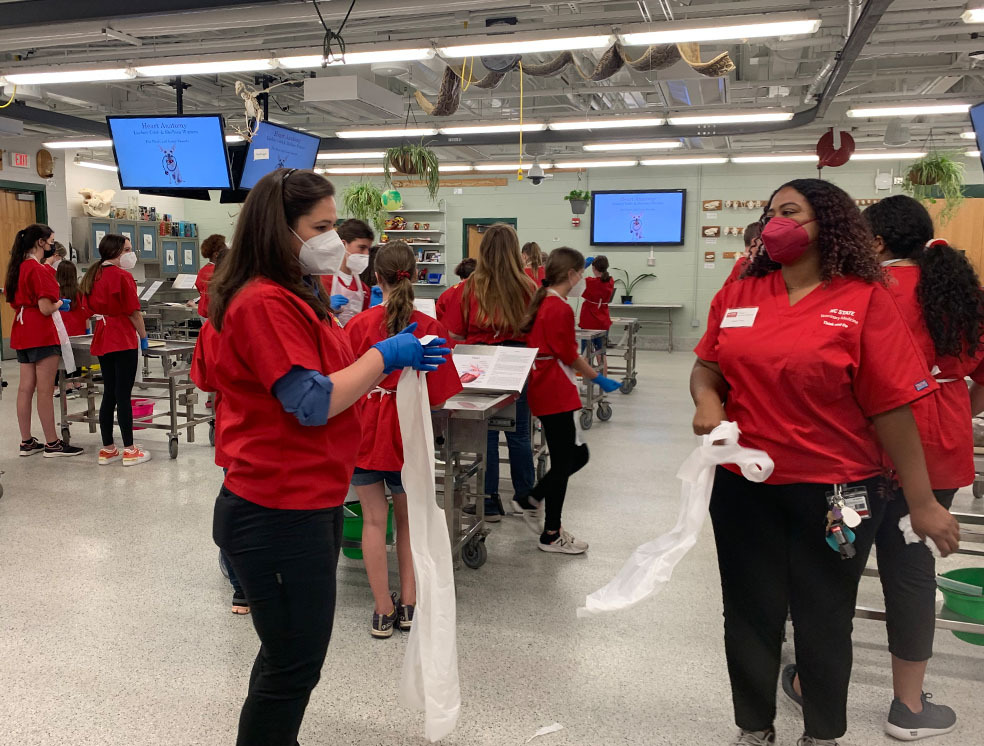
The Collaborative has expanded their scope to bring in more partners, now offering teacher professional development opportunities to get more of the community involved in their work. “So for these programs, a lot of the schools now are working with Lego and Cue robots. We train the teachers how to use those for the children.” By engaging teachers in similar hands-on activities as summer campers, The Collaborative makes professional development fun and relevant for teachers, too, building on their GED and graduate level programs.
Involvement in education, whether robotics, veterinary science, math, or anything else is often a welcome addition for students in the surrounding counties. “I just want to be there to offer something else. We're in an area right now where there's a lot of violence, and the kids don't want to go to school. So if they're not going to school, where they're getting their learning, you know, where is it coming from? So we just try to keep it interesting. We try to keep it fun and we try to keep it available.” That intention towards making learning both fun and accessible to all students has been very successful, and camper retention and testimony confirms its efficacy.
The Math Fun camp routinely draws praise from participants, including kids saying that they did not know the hands-on, project based learning was ‘math.’ Breaking down these self-told narrative barriers to education, where students don’t see themselves as ‘math people,’ is an important first step towards opening doors to careers in STEM. Sophia saw this in her own family, and is eager to open doors for students from all across eastern North Carolina.
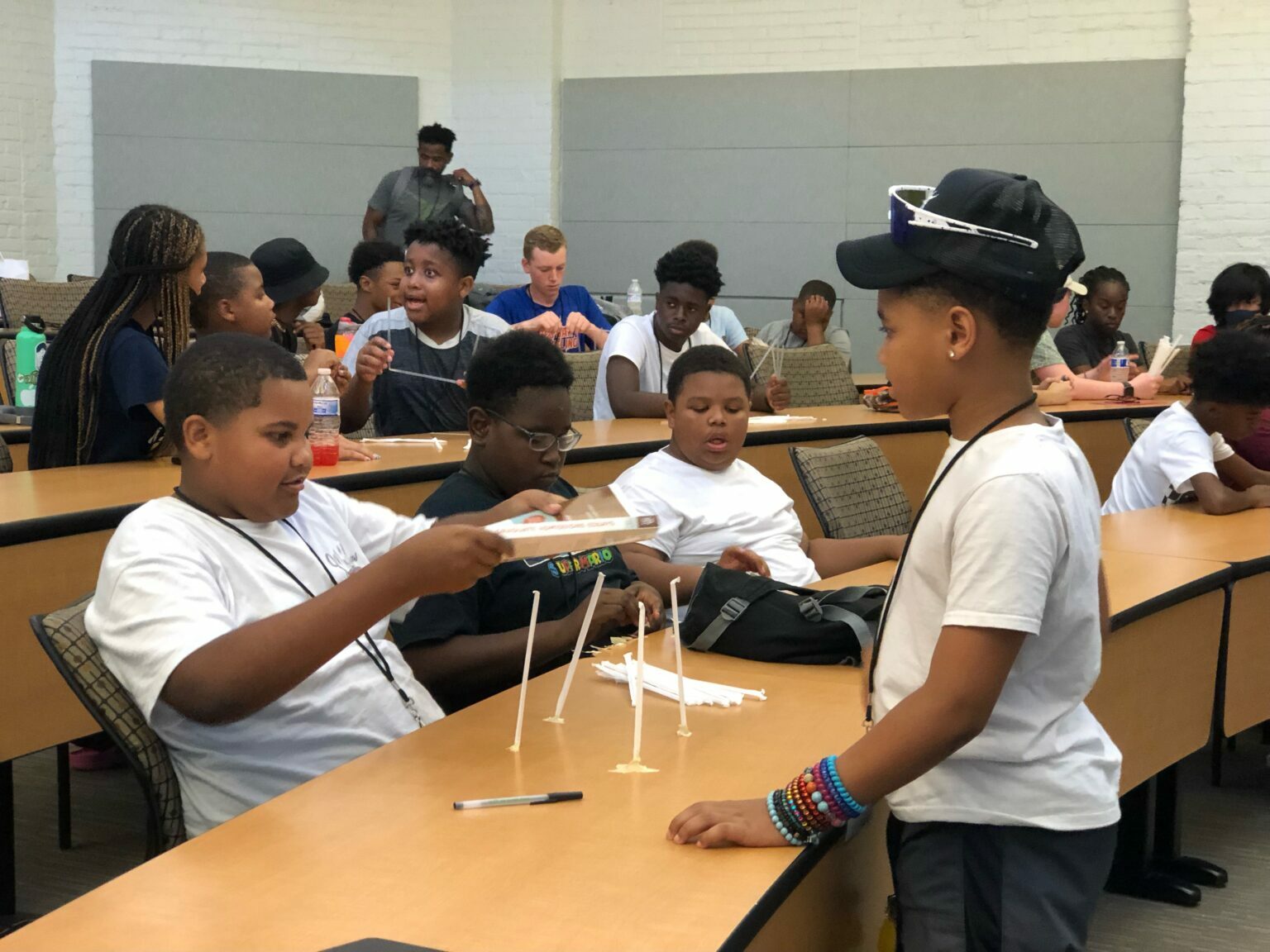
One student, who attended the very first veterinary camp over a decade ago, went on to pursue veterinary medicine professionally. “He came back to subsequent camps and then later on became a counselor once he was a student at NC State. And now he has graduated. He is now practicing veterinary medicine and he is actually going to come back and help us this year” recalls Sophia proudly. He wasn’t sure what type of vet he wanted to be, but the camp gave him the opportunity to explore the field in greater depth and help him further distill his passion. Every student has passion and potential within them, and The Collaborative helps all kids unlock their future.
For students who may not find success in traditional classrooms, The Collaborative offers an alternative pathway to learning and self-belief. Sophia is proud of the impact that their programming has on neurodiverse students, which was a need she identified when expanding programming: “One of my neurodiverse students, he's really excelled. He was very quiet when he came in, but now he's reaching out more to do more things. His parents were afraid of him actually even coming to the program, but he came in and he was to the point where he could actually teach the class. He was able to code the Lego Spike Robot,” and that gave him confidence in himself that he couldn’t find in a traditional classroom.
Instilling a lifelong love of learning is a major goal for Sophia, and she hopes that sparking that love and self-confidence empowers students to find careers that they are passionate about, hopefully in their home communities. The Collaborative is only one piece of the puzzle, but the feedback from students, parents, and community members has inspired Sophia and her team to continue expanding their efforts.
With support from the community and partners like NC State and RSC Southeast Hub East Carolina University, The Collaborative has expanded to feature year-round programming in the form of Science Saturdays. More camps are on the way, and hopefully The Collaborative can be a catalyst for similar community outreach.
